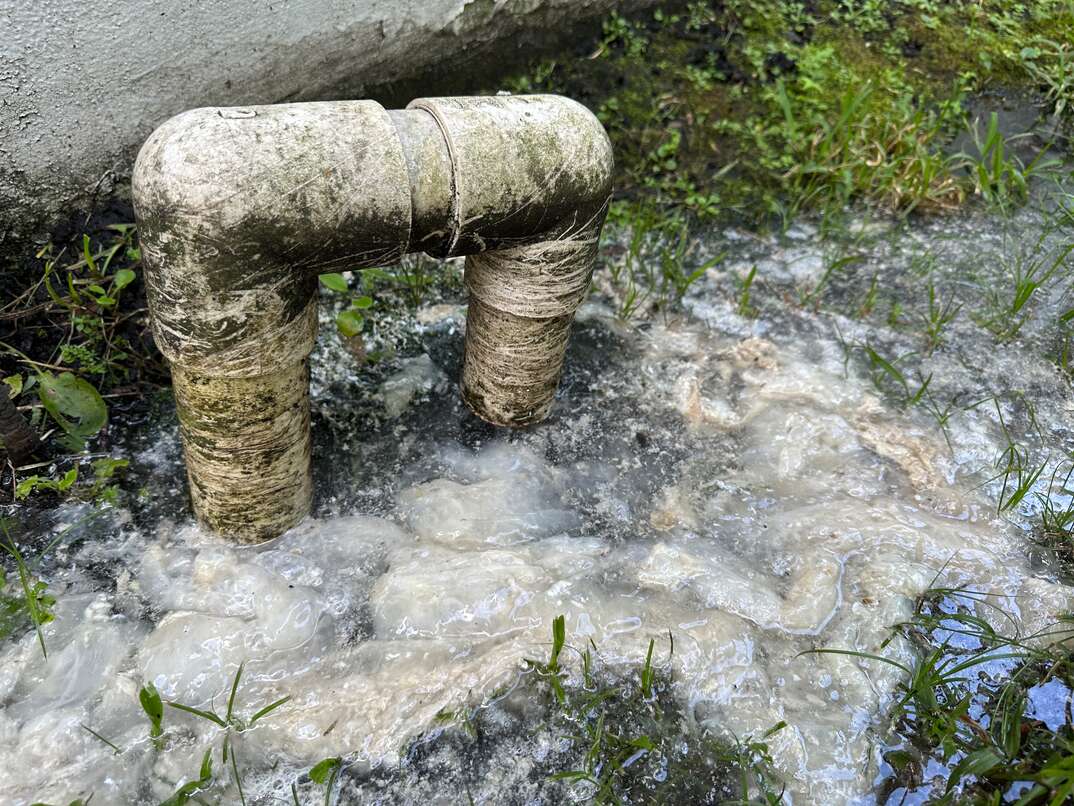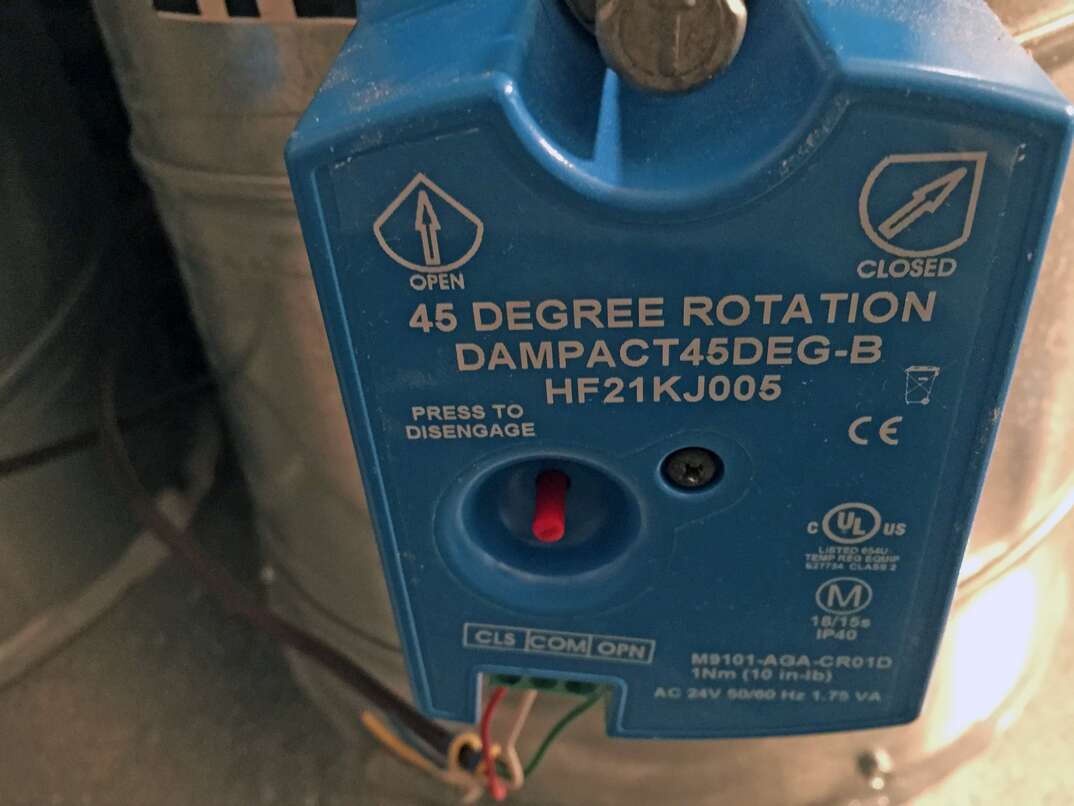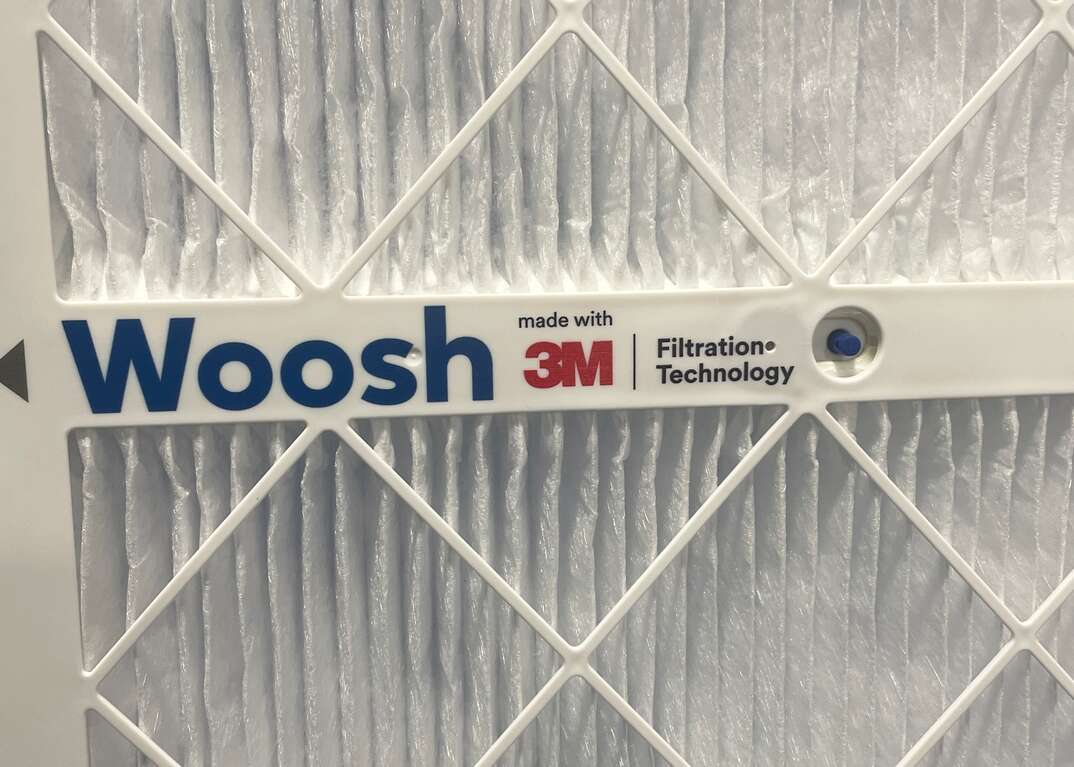Hiring an HVAC Tech? Here are 5 Top Tips

Making sure your heating and cooling systems are running as they should is essential throughout the year — particularly when the summer and winter seasons approach. Whether your HVAC system is in need of maintenance or you're looking to install a new furnace or air conditioner, you can easily find and hire heating and cooling contractors by searching HVAC databases, obtaining referrals from friends or even going the old-fashioned route and looking through the phone book.
Here are some tips for finding and hiring a heating, cooling and ventilation technician.
How Do You Find a Heating and Cooling Contractor in Your Area?
Here are some of the most common ways to find HVAC professionals and contractors in your area:
Word of Mouth
Asking colleagues for referrals is one way to find reputable heating and cooling contractors. The individuals referring them have used their services, and, in general, referrals are only given when a contractor performed work that met or exceeded the customer's expectations.
HVAC Databases
There are multiple databases online that list HVAC professionals throughout the U.S., such as the Air Conditioning Contractors of America.
Online Service Directories
Online directories and review sites such as Craigslist, Yelp and the Better Business Bureau list heating and air conditioning contractors and other service professionals, as well as helpful reviews from verified customers.
How Do You Hire a Good HVAC Tech?
Once you've narrowed it down to a few HVAC technicians through online searches, reading reviews or obtaining referrals, it's important to learn a bit more about your potential hires before making a final decision. Here are a few questions you should ask:
1. Inquire About Licensing
Reputable HVAC contractors should hold current licenses as required by your state. Ask the contractor for licensing information before moving forward. If there are any issues in providing you with licensing information, consider working with a different person.
2. Ask About Insurance
Your HVAC contractor should carry liability insurance so they're covered in the event of damage to your property or injuries to crew members on your property. If a contractor isn't insured or doesn't provide insurance information in a timely fashion, it's a good idea to look elsewhere.
3. Request a Home Evaluation
Prior to providing an estimate, HVAC technicians should perform home evaluations, like determining the square footage for an AC or heating system installation, or checking the ducts and insulation. Once the evaluation is completed, a reputable contractor should provide an estimate.
4. Carefully Consider Recommendations for New Equipment
If your HVAC system is older and needs significant repair, an HVAC tech may recommend a complete overhaul and replacement. While a total replacement may be necessary, it's always a good idea to obtain a second opinion.
5. Make Sure All Replacement Parts Are New
If your estimate includes the cost of replacement parts, all parts should be new and fully functional. In some cases, a contractor may charge for a new part when they’re actually using refurbished or repaired parts. Before hiring them for the job, let the technician know that you want to be shown the existing damaged parts along with the new parts once they start the job.
Is There a Database of HVAC Technicians?
You can find various databases online that provide listings for local and national HVAC technicians, including the Air Conditioning Contractors of America. Most databases only require a ZIP code to return multiple results. While it's good to have several database options when looking for a reliable contractor, you also want to ensure the HVAC professional you hire is licensed and highly recommended.
How Do You Find References for HVAC Professionals?
One of the easiest ways to find references for HVAC professionals is by conducting an online search for technicians in your area and contacting the business directly. If you determine through your conversation that you'd like to move forward with hiring them, simply ask them to provide two or three references with phone numbers or email addresses. If the business or contractor is reputable, their references should be able to provide honest feedback on their overall job performance.
What Qualifications or Licenses Should HVAC Professionals Have?
While licensing specifics can vary by state, most states require HVAC professionals to obtain HVAC mechanical-related licenses through state boards and labor departments. The states that don't require licenses include Colorado, Illinois, Kansas, Maine and Minnesota. Although specific HVAC mechanical licenses aren't required to work in these states, HVAC technicians may have to secure licenses at local levels, and they must follow the project permit requirements of each state. Specific mechanical administrator licenses related to HVAC work include:
- Heating, Cooling and Process Piping license
- Residential HVAC license
- Unlimited HVAC and Sheet Metal license
- Unlimited Refrigeration license
Many technicians must also go through apprenticeship programs or complete a certain amount of on-the-job work hours. To obtain a standard contractor license, many individuals must obtain and hold journeymen licenses for at least 2 years. HVAC technicians in all states should be trained and certified in areas specific to heating and cooling, such as air balance, refrigerant, and the overall installation and repair process. Make sure to ask your HVAC contractor to provide information on their certifications as required by your state.


